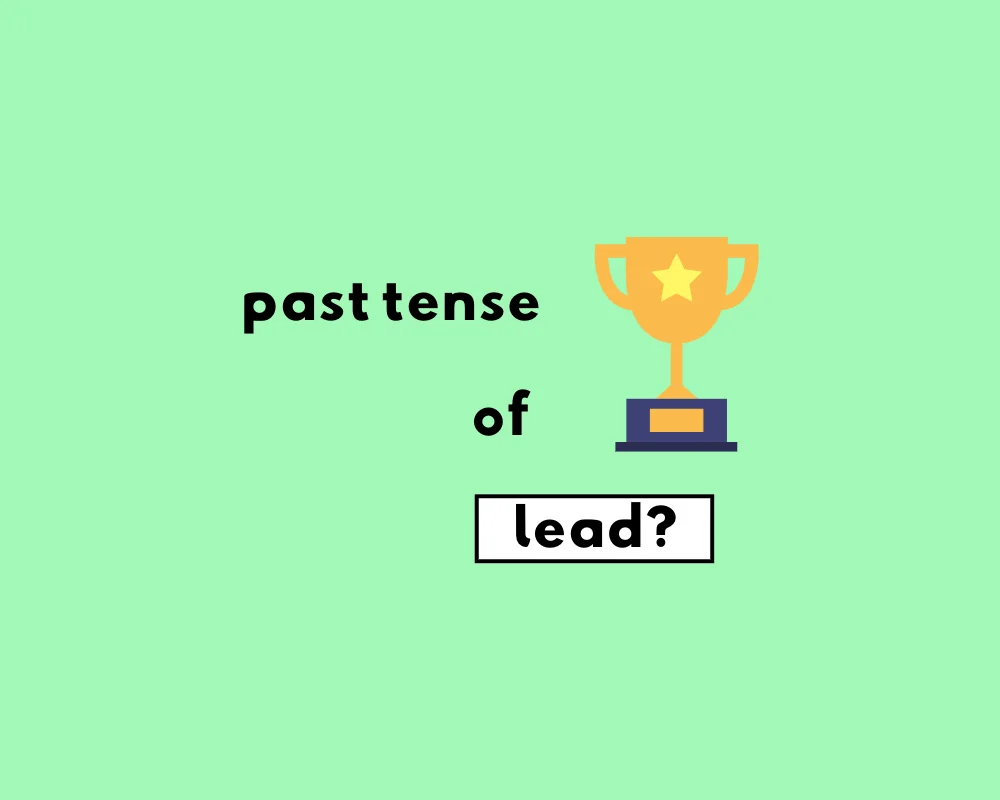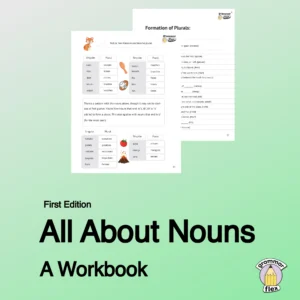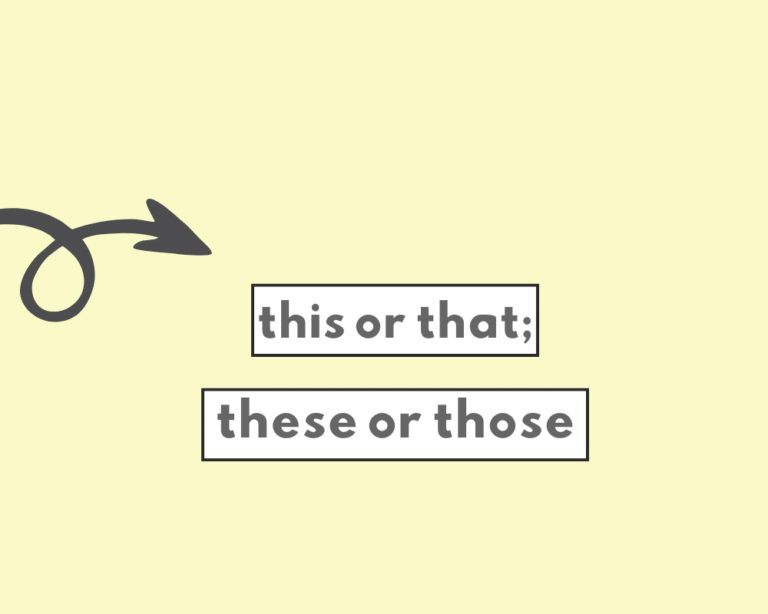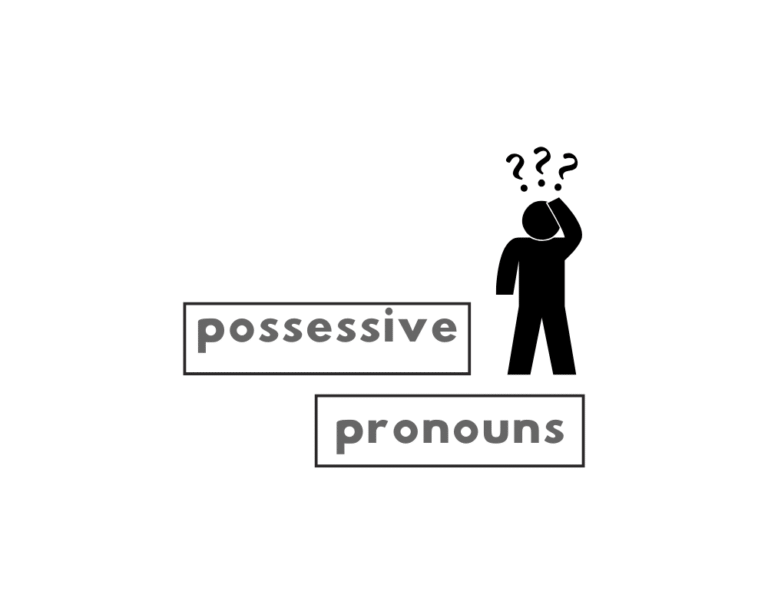
Carole King said it best, “If you lead, I will follow”. But what if you want to refer to “lead” in the past tense? Is it lead or led?
What’s the past tense of “lead”?
The verb lead (rhymes with breed) means “to show someone the way or to make them go in the right direction.” Lead only has one past tense and past participle form:
- The past tense of lead is led (rhymes with fed).
- Led is the only past tense and past participle form of lead.
- Lead is irregular because its past tense doesn’t attach “ed”; instead, it omits the vowel “a” to switch to past tense.
| Sentences with “lead” present tense | Sentences with “led” past tense |
| If you lead, I’ll follow. | She led the horse back into the stable. |
Examples of “lead” (present tense) in sentences
| Word Form | Examples |
|---|---|
| Other |
No road of flowers lead to glory. All roads lead to Rome. That game puts her back into the lead. He took the horse by the lead and walked with it into the barn. We were struggling to stay in the lead. |
The past tense of ‘lead’ is ‘led,’ which rhymes with ‘fed.’
Examples of the past tense “led” in sentences
| Word Form | Examples |
|---|---|
| Other |
I led the tour through the museum. We were led to believe there would be snacks. The road led to a massive forest. Her chosen course of study led to a degree in forensics. The bread crumbs led the children back to their home. |
| Word | Similar words |
|---|---|
| lead | steer, guide, pilot, usher, direct, manage, watch over, show the way, point the way, shepherd |
Phrases with “lead” / “led”
| Phrase | Meaning |
|---|---|
| you can lead a horse to water, but you can’t make it drink | you can provide an opportunity but you can’t make someone do something they don’t want to do |
| all roads lead to Rome | there are a number of ways of accomplishing the same thing |
| to lead a dog’s life | a life unpleasant and difficult |
| to lead a charmed life | to live a life that is pleasant and fortunate |
| to go down like a lead balloon | as in, a balloon filled with the metal lead. In other words, for something to be poorly received/taken |
| get the lead out of one’s feet | to do something quicker |
Origin of the word lead
From etymology online on lead (v.):
To guide,” Old English lædan (transitive) “cause to go with oneself; march at the head of, go before as a guide, accompany and show the way; carry on; sprout forth, bring forth; pass (one’s life),” causative of liðan “to travel,” from Proto-Germanic *laidjanan.
Worksheet
According to the post, what is the correct past tense form of the verb “lead”?
Which word rhymes with the correct past tense form of “lead”?
The post states that “lead” is an irregular verb because:
Which of the following sentences uses the past tense of “lead” correctly, according to the post?
The pronunciation of the noun form “lead” (the metal) is the same as:
FAQs
- Q: What is the past tense of “lead”?
A: The past tense of the verb “lead” (which rhymes with breed) is “led” (which rhymes with fed). This is also the past participial form of the verb. - Q: Is “lead” or “led” the correct past tense form?
A: “Led” is the correct spelling for both the simple past tense and the past participle of the verb “lead.” Using “lead” for the past tense is incorrect, as seen in “The road lead” (should be led). - Q: Why doesn’t the past tense of “lead” end in -ed?
A: “Lead” is an irregular verb. Unlike regular verbs that add “-ed,” its past tense form changes by omitting the vowel “a” to become “led,” rather than adding an ending. - Q: What does the verb “lead” mean?
A: The verb “lead” (rhymes with breed) means to show someone the way or to guide them in a specific direction. It can also mean to go in advance to guide others. - Q: Is “led” also the past participle of “lead”?
A: Yes, according to the post, “led” is the only form used for both the simple past tense and the past participle of the verb “lead.”
Sources
- Merriam-Webster, Definition of lead.
- Etymology online, Origin of lead.
- Thesaurus.com, Synonyms of lead.
- Babbel.com, Sentence object.











